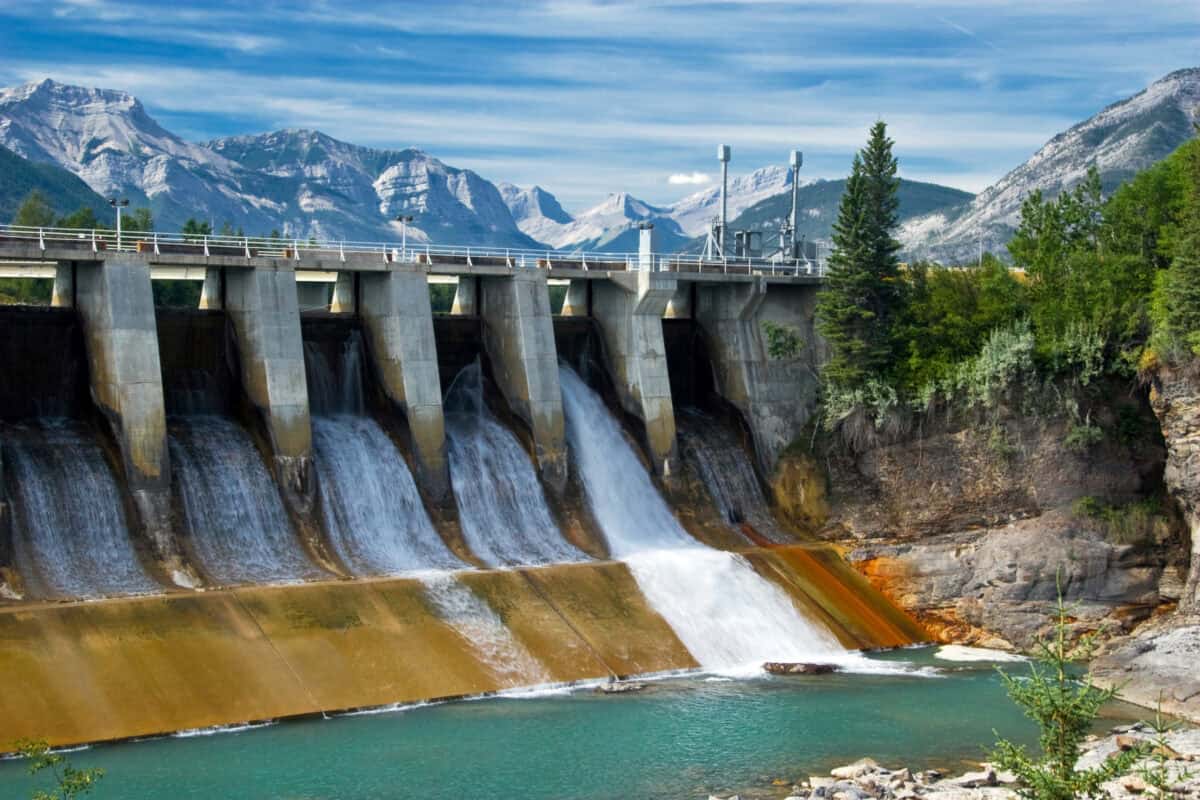When a utility stock on the TSX dips, it can look tempting, but before jumping in, it’s smart to understand why it’s down and what that means for the long term. Utilities are usually the definition of stability: steady dividends, predictable cash flow, and regulated rates. So, when one falls, it often signals something more specific than a general market wobble.
What to watch
First, look at earnings and guidance. A weak quarter can knock down share prices, especially if management cuts its growth outlook or faces unexpected costs. For example, higher maintenance expenses, delayed projects, or regulatory changes can all eat into profit margins. Read the latest report to see whether this is a one-time issue or a lasting challenge.
Another key factor is regulation. Utilities rely on approval from provincial regulators to raise rates and recover costs. If a regulator denies a rate increase or slows the approval process, it can pressure revenue. However, these effects are usually temporary, and utilities tend to catch up over the next rate cycle once inflationary costs are recognized.
Then there’s debt exposure. Utilities are capital-intensive and usually carry significant debt. Rising interest rates mean higher borrowing costs, so if the utility stock has large refinancing needs, that can weigh on earnings. Checking the balance sheet can tell you how much of the debt matures soon and whether management has locked in low rates.
You should also watch dividend coverage. If payout ratios creep too high, investors start to worry about sustainability, leading to a sell-off. But if the dividend remains well-covered by cash flow, a price drop might simply make yields more attractive. Many long-term investors actually use dips like this to lock in higher yields on defensive names.
H
That’s why it might be worth considering Hydro One (TSX:H) as a strong long-term utility stock when the share price dips. After all, it has had dips before, but come roaring back as it has these last few weeks. In the last month alone, shares are up 7.5%. Yet that comes after a drop in the summer, when shares reached $53 per share, only to drop 9% after earnings. So let’s look at what to consider.
Hydro One is a regulated electricity transmission-and-distribution company based in Ontario. It operates three main segments: transmission and distribution, telecom, and other services. It serves residential, commercial, industrial, and municipal customers across Ontario using roughly 30,000 km of transmission line and 125,000 km of primary distribution lines. Because it is regulated, its revenues are more predictable than those of many kinds of businesses. That gives it a classic utility profile for a long-term hold.
Now there are positives and negatives. On the plus side, analysts love that it’s a “boring” utility stock that could build generational wealth. This is owing to its regulated business, stable demand, and large customer base in Ontario. The utility stock recently reported a Q2 2025 earnings beat, with earnings per share (EPS) of $0.54 and revenue net of purchased power up 7% year-over-year. Plus, it offers a 2.5% dividend yield at writing, supported by a 61% payout ratio.
However, growth has been modest and the valuation is high trading at 23 times earnings at writing. That suggests the market is pricing in fairly solid performance already, so downside risk or underperformance could hurt. Plus, regulated utilities depend on what regulators approve in terms of rate base, cost recovery, and return on equity. Any unfavourable decision or regulatory lag can hurt. Furthermore, though the business is regulated and predictable, infrastructure replacement, storm damage, regulatory delays, cost inflation, and capital‐intensive investments can all bite.
Bottom line
In short, a dip in a utility stock doesn’t always spell trouble; sometimes it’s an opportunity disguised as fear. Look for clues in earnings, the debt structure, and rate trends. If the fundamentals remain intact and dividends are stable, that dip might just be a chance to buy long-term income at a discount. And that could be the case for Hydro One stock during the next dip.






